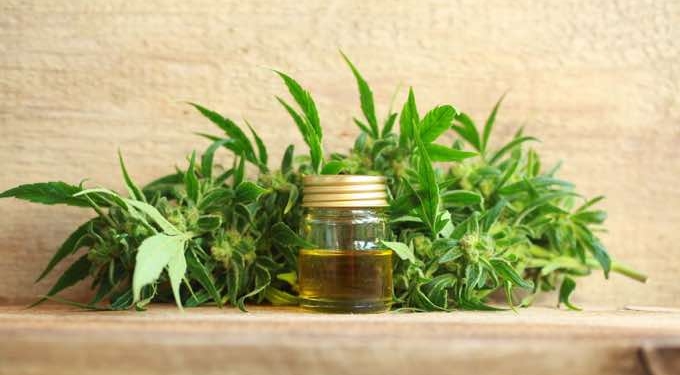
Cannabis use dates back to before records began, and it seems a certainty that the plant has played a key role in our evolution, given the importance of the endocannabinoid system. However, the herb has changed a lot in recent decades, following the discovery of the hundreds of compounds found in it – and most notably, the psychotropic cannabinoid delta-9-tetrahydrocannabinol (THC).
The demand in the recreational cannabis market has been for strains that will take a “high” to higher heights – upping the THC content is crucial to this, as is reducing the concentration of non-psychoactive cannabidiol (CBD). The most psychoactive strains are those with the highest THC to CBD ratio.
While the therapeutic value of high-THC strains for certain conditions should not be discarded, cannabis users should not ignore the potential short and long-term side effects which may be caused by this manipulation of the cannabinoid profile.
Anxiety and paranoia
It is common knowledge that cannabis use can trigger anxiety and paranoia in some users – and the likelihood of this tends to depend on the ‘set and setting’. Psychoactive drugs affect the mind, and our thoughts often become self-fulfilling prophecies. When we’re in a familiar environment and hanging out with friends, a good trip is probable. However, if something unexpected happens and things take a turn for the worse, negative thoughts seep in, which can become magnified. The more psychoactive the cannabis strain, the less able we are to think rationally.
Thankfully, if we’re dealing with a bout of THC-caused anxiety, we can turn to CBD to help bring us back to a more psychologically comfortable state. CBD has impressive anxiolytic properties, which moderate THC’s effects. Indeed, generalized anxiety can also be managed with CBD, seemingly be elevating concentrations of gamma-Aminobutyric acid (GABA).
This may all seem unnecessary, as many find that just turning on a comedy or taking a relaxing hot shower helps soothes any cannabis-influenced mental stresses. But it surely makes more sense to administer a compound that is known to ease THC’s psychoactive effects – that may even be a psychological benefit in itself.
The best CBD products to combat these forms of anxiety and paranoia are those which waste no time in becoming active, such as a CBD tincture oil or CBD vape oil from Veedverks. You may not need it, but having some CBD in the house when you’re getting high may bring some peace of mind.
Reversing cognitive decline
Some people find that cannabis enhances their cognitive functioning, with the mild psychedelic effects helping them to form new brain patterns that enhance creativity. If that’s you, then rock on! After all, many of the world’s greatest songwriters were known to smoke a joint or two!
However, for others, constantly smoking through high-THC cannabis ends up causing memory and motivation issues. Whether this is a relatively new issue and a result of the proliferation of super-strength strains is unclear, but given the neurotoxic effect that THC can have on the hippocampus – a section of the brain which deals with memory and motivation – it’s certainly a possibility.
Studies have found that chronic use of cannabis can cause neuroanatomical changes in the hippocampus, and in particular, volume loss in the hippocampal subfields. But it’s not all bad news – researchers have also discovered that CBD and cannabichromene (CBC), a more obscure cannabinoid, can boost neurogenesis in the hippocampus.
This potential for hippocampal regrowth and cognitive restoration with non-psychoactive cannabinoids has been shown by a 2018 study. A group of 18 heavy cannabis users was treated with 200mg of CBD for 10 weeks, with the results finding a “restorative effect of CBD on the subicular and CA1 subfields in current cannabis users.” The study also indicated that those with long-time exposure to cannabis experienced significant restoration. This appears to be the first study of its kind, and the researchers stressed that a larger, placebo-controlled trial needs to be conducted to add weight to the claims. However, with what we already know about CBD, it makes sense that it could help, and possibly aid the treatment of depression and even Alzheimer’s disease, a memory-loss illness associated with hippocampal atrophy.
To learn more about the highest quality CBD oils on the market, head over to HerbMighty.com. They post the latest CBD oil reviews, coupons and guides on a weekly basis.
Final thought
The benefits of cannabis as a medicine and as a substance for recreational use in moderation are not in doubt. But users should be aware of the changes in the plant that have occurred and appreciate the effect that this may have on the body, and especially the brain.















![Everything You Ever Wanted to Know About 9/11 Conspiracy Theory in Under 5 Minutes [VIDEO] | by James Corbett](https://consciouslifenews.com/wp-content/uploads/2018/09/911-a-conspiracy-theory-120x86.jpg)
